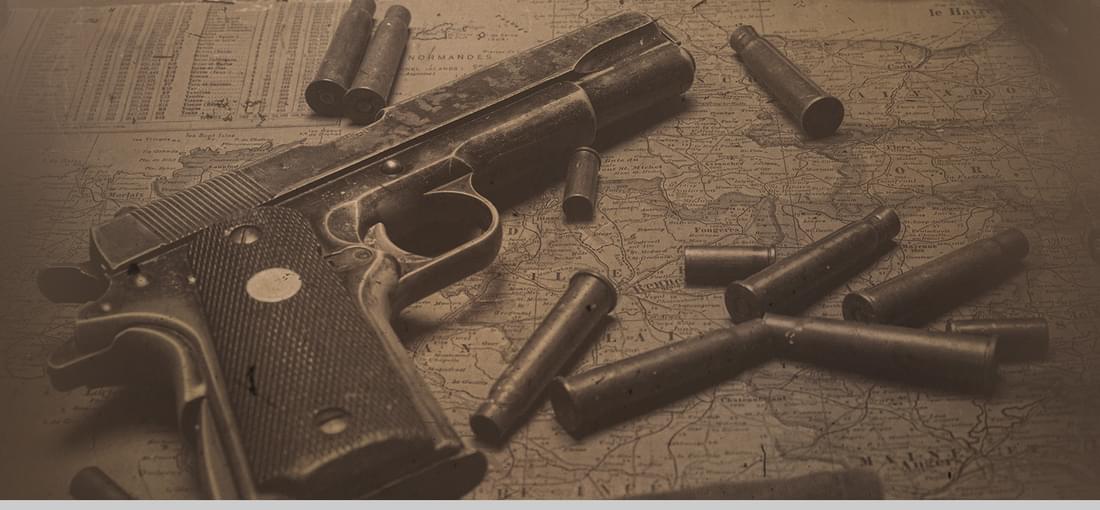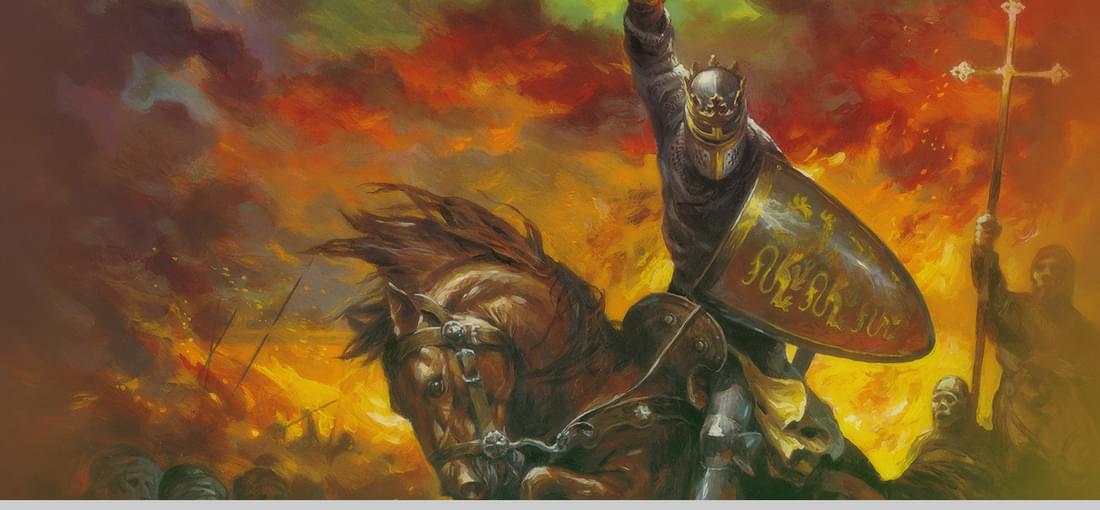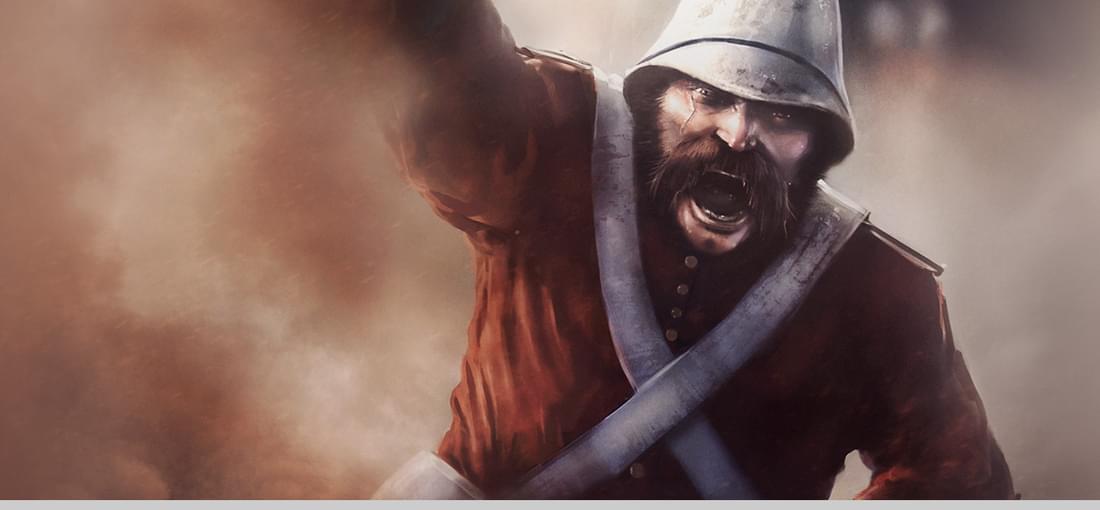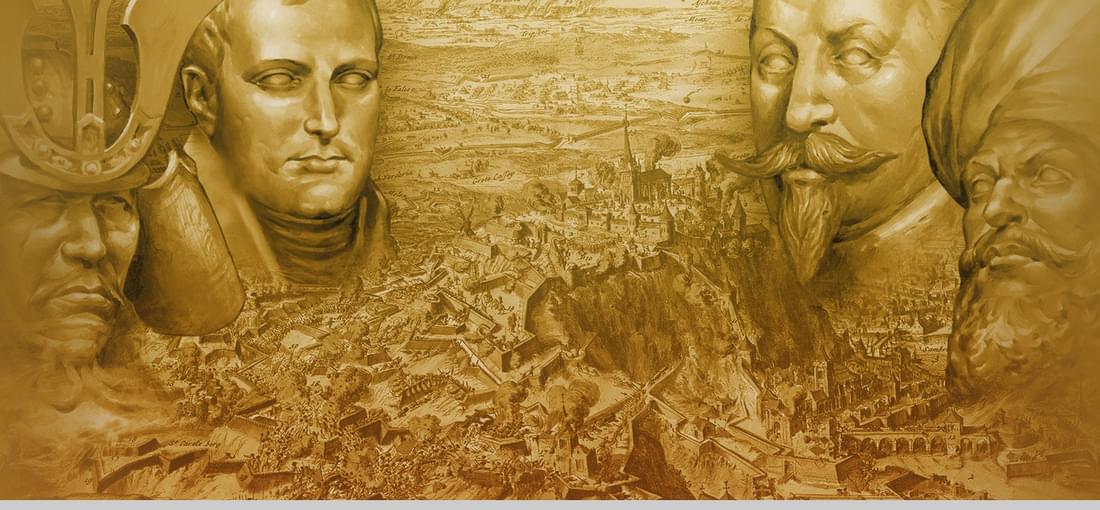


See my full, detailed, review here: http://www.rindis.com/blog/1863 Hearts of Iron was in many ways the most problematic and most successful of Paradox’s early games, so the desire to revisit it made a lot of sense. HoI II still has the problems of being a game on a period I know well, and a game that can demand attention in a horde of places at once in a real-time format, but many of the problems of the original are improved on here, if not always solved. Certainly, the changes in interface and production were needed and very welcome. I consider the changes to how technology works to be a mixed bag. Assigning teams to work on a technology project should lead to some interesting tradeoffs, but generally doesn’t. The little sub-projects feel like there should be some in common, so finishing one of them would grant a bonus elsewhere, but don’t. However, the revised unit line up, with the ‘brigades’ handling more functions (especially in Doomsday) is a big improvement. Armor development and deployment acts more like it should, carriers are much easier to work with, and the integrated escort fighters start simplifying the over-fiddly air system. For me, this game still isn’t as good as Europa Universalis II, or Victoria, or Crusader Kings, but it is nearly as good as they are, instead of being too clunky to truly enjoy, which was true of the original.

See my full, detailed, review here: http://www.rindis.com/blog/1859 Strategy games journalist Troy Goodfellow once said that Crusader Kings wasn’t Paradox’s best game, but it was his favorite from them (this was in 2011, before CK II came out), and while I’m not sure what my favorite Paradox game would be, I can well understand his sentiment. Once again, Paradox showed that they could take the same basic game structure, and deliver a very different feel. From the grand sweep of empires across the globe in Europa Universalis, to the very detailed study of society and internal politics of Victoria, this time the game has a very personal feel. It isn’t a role-playing game, and cannot be mistaken for one, as there are no real characters here, and no dialog, no spark of life behind the actors on the stage. But the actors are there, and they are people, and not countries. The common failure of most grand strategy games is to ignore the centrifugal forces that act against larger structures, while preserving most of their advantages. In CK, keeping a large kingdom together for any length of time can a harder accomplishment than conquering the world in a game like EU. It isn’t a detail-oriented simulation like Victoria, but it is much more successful at delivering the feel of the era.

See my full, detailed, review here: http://www.rindis.com/blog/1745 Victoria would be a climax in the development of Paradox’s games, being noticeably more complex than the preceding titles. In turn, it is also a thesis on the forces that drove the 19th century, and has some very interesting things so say. Despite overall poor sales and the release of Victoria II, Victoria still has some die-hard players today, and I think the exceptional ‘historical thesis’ nature of the game is part of what keeps people at it. Sadly, the general fan community has generally died off, leaving the VikiWiki unfinished, and in need of updates for Revolutions, and the main community-developed mod, the Victoria Improvement Project (VIP) was never completely updated for Revolutions either (though I understand it will generally work with it). I consider it a title I’m very happy that Paradox produced. It has plenty of problems, entire systems that aren’t needed, and it isn’t necessarily very good at what it tries to model. However, the attempt to show the internal stresses on a government is worthwhile for being so rare, and despite the missteps, and complications, it still makes for a good game that I enjoy.
See the full, detailed, review here: http://www.rindis.com/blog/1722 I have found that HoI is my least favorite of the initial Paradox empire management games. Part of this is because I find it overly fiddly, and concentrates too much on lower-level items that clash with what I expect to see in a grand-strategy title. Also, there are some real problems with the shift from the exploration and limited war model of EU II to the total war presented in HoI. You can end up needing to coordinate military operations in widely separated areas at the same time, and that is never a good fit with a real-time title, pauseable or not. However, I think the real problem lies elsewhere. One of the things I enjoy about Paradox’s games is a certain sense of discovery. I like history, and I know something about any period they have, or will, tackle. However, these games always show me something new, there’s a lot of world out there, and just scrolling around the map will show you something that you hadn’t heard of. On the other hand, the world of 1936-48 is much more familiar to me, so I am not really finding new facets of history in it. Furthermore, I have a lot more experience with WWII from a game perspective, so I am also bringing more concrete expectations to it. There are also some definite poor fits scale-wise. Using divisions as the basic unit of armies, which most major countries fielded well over a hundred of, and then (in Europe) fitting all these divisions (plus air units) into a front that’s maybe ten provinces wide causes all sorts of pain in trying to manage it all, that the UI just has no hope of dealing with. All that said, it is a good game, and in representing many of the primary concerns of the period, shows a good amount of flexibility of approach from Paradox. For anyone who plays it, I recommend getting familiar with the game, and then looking at the Undocumented Features List thread on Paradox’s forum. https://forum.paradoxplaza.com/forum/index.php?threads/undocumented-features-list.58118/ There’s some very good info in there, once you have some context for it. Item numbers 9, 27 and 7 are helpful to get around some of the problems with the UI.

See the full, detailed, review here: http://www.rindis.com/blog/792 When I first found the EU games, I fell in love with them. They were strategic, they were historical, and they were different. They aren’t perfect; a full game takes a long time to play through, and I’ve usually gotten what I want out of the game long before it’s over. But there’s always something new to do, someplace new to be. Redmond Simonsen once called wargames “paper time machines”, and Europa Universalis is a very good electronic time machine, and satisfies those cravings very well.